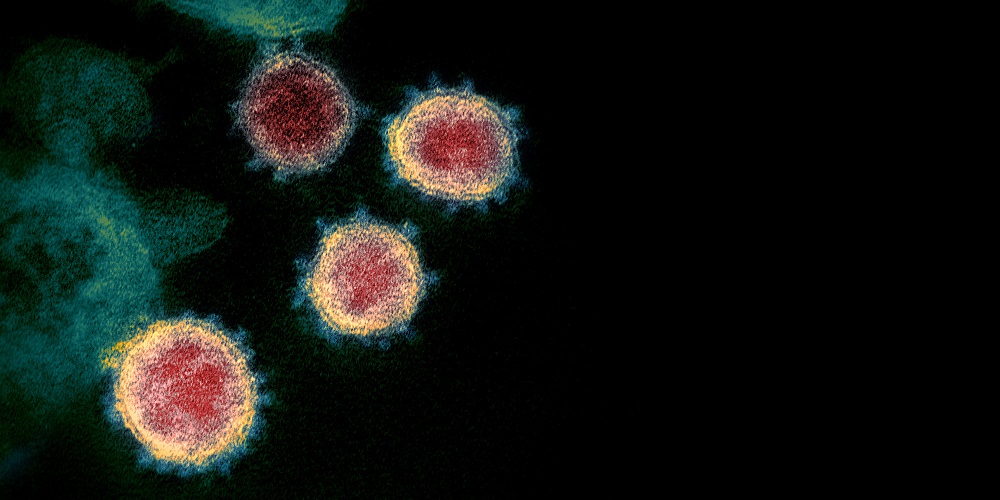
Overnight, the ISC’s power to convene expert minds in the traditional way has been stymied by a virus. We were unprepared for this and it is costing us dearly. Beyond the financial implications, we lament the loss of opportunities to exchange ideas, strategize, consolidate partnerships, and develop joint efforts.
At the same time, this external threat forces us to rethink and to find new, equally effective ways to convene our expert communities. Why has the threat of the COVID-19 outbreak changed our behaviour so rapidly, when the existential threat of climate change has not?
The traditional method of gathering for the international science community more often than not involves financially and environmentally costly air travel. Many of us avoid asking about alternatives to flying half-way around the world to give a twenty-minute presentation. We can no longer avoid asking those questions, and more importantly, we can no longer avoid changing our behaviour to protect global public health and the Earth’s biosphere.
One of the reasons the ISC cancelled meetings prior to government-imposed restrictions was our shared responsibility in limiting the spread of COVID-19. We must now extend that shared responsibility to acting seriously on climate change and to reducing our carbon emissions. We have invested in better technology to facilitate virtual meetings. We are re-thinking how we gather and how we can strengthen science systems that are agile and responsive in the 21st century, and we are responding as a matter of urgency.
We must think critically about how we are responding to this public health emergency, which in turn could become an economic and social emergency. It is a moment to remind policy-makers of the importance of evidence-based decisions, and to work with them in preparing for other upheavals, current and future. We must listen to, and support, global experts from the World Health Organization, as well as local experts who will make decisions based on local, national and regional data modelling.
It is also a moment to identify and reflect on knowledge gaps across the scientific community, and global challenges brought into sharper focus by the present emergency, as well as the medium- to long-term actions to address these.
This is our response to COVID-19. Our vigorous responses to other pressing global challenges such as climate change and economic or social disruptions, will continue, informed by our experience with the COVID-19 crisis. We encourage others in our scientific community to do the same. Resources and contact points appear below to assist our members and the global community during these times of emergency.
Daya Reddy
President, International Science Council
Heide Hackmann
CEO, International Science Council